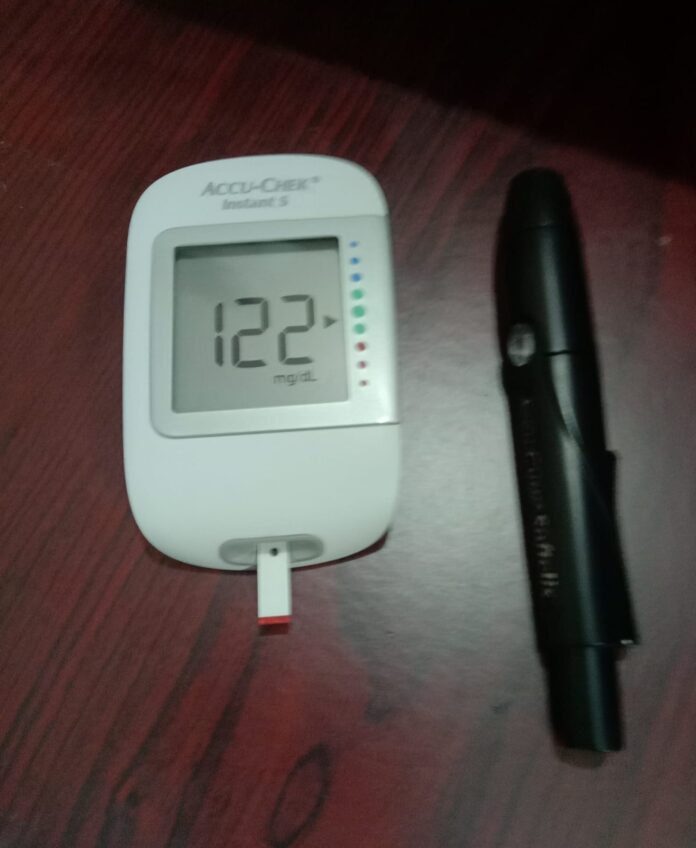- Yogi govt issues guidelines for type-1 diabetes cases among students aged up to 19 years
- UP govt’s initiative aims at protecting diabetic children
By Our Correspondent
Lucknow: In view of the dangers of type-1 diabetes in children aged 0-19 years, the Yogi government in Uttar Pradesh has decided to implement the instructions given by the National Commission for Protection of Child Rights (NCPCR) for the protection of children in Uttar Pradesh and has also issued necessary guidelines.
The Basic Education Department has directed all the Divisional Education Directors (Basic) and District Basic Education Officers in this regard. Notably, the chairman of the National Commission for Protection of Child Rights had appealed to the state government to ensure action for the control of type-1 diabetes in students aged 0 to 19 years. Subsequently, the Yogi government issued guidelines for the protection and security of diabetic children.
Classroom rules relaxed for Type 1 diabetic children
Acting on the letter of the NCPCR, the Yogi government has instructed the Basic Education Department to ensure appropriate actions.
On behalf of Director General School Education Vijay Kiran Anand, a letter was written to Joint Director of Education (Basic) Ganesh Kumar to issue necessary guidelines for this, following which it was decided to implement it in the schools run by Basic Education in the entire state.
As per the guidelines, children with type 1 diabetes may need to check blood sugar, inject insulin, take a mid-morning or mid-afternoon snack, or perform diabetes care activities (if prescribed by a doctor), and teachers must allow them to do so in the classroom even during exams. In addition, the child may participate in sports as per medical advice.
Medical equipment will be permissable to be taken in examination halls
Children suffering from type-1 diabetes who are appearing in school exams and other competitive exams can be given a few exemptions. These include the permission to carry sugar tablets with them, keeping medicines, fruits, snacks, drinking water, some biscuits, peanuts, dry fruits with the teacher in the examination hall so that they can be given to the children during the examination if required.
Furthermore, the staff should allow children to take their glucometer and glucose test strips to the examination hall, which can be kept with the invigilator or teacher. Additionally, children should be allowed to test blood sugar and consume the above items as needed.
Also, children using CGM (Continuous Glucose Monitoring), FGM (Flash Glucose Monitoring) and insulin pumps should be allowed to keep these devices during the exam, as they are attached to the child’s body. If a smartphone is required for their reading, then this smartphone can be given to the teacher or invigilator for monitoring the blood sugar level.
A letter written by the National Child Rights Protection Commission to the Education department in Uttar Pradesh, states that according to the Diabetes Atlas 2021 data of the International Diabetes Federation (IDF), India has the highest number of children suffering from type-1 diabetes in the world.
In South East Asia, the number of children suffering from this disease between 0 and 19 years can be more than 2.4 lakhs. A total of 8.75 lakh people in India are struggling with it. People suffering from type-1 diabetes need to take insulin injection 3-5 times a day and sugar test 3-5 times and negligence of any kind in this can be damaging for both physical and mental health of a student. Children spend one-third of their time in schools, so it is the duty of schools to ensure special care for children suffering from type 1 diabetes.
Read more










